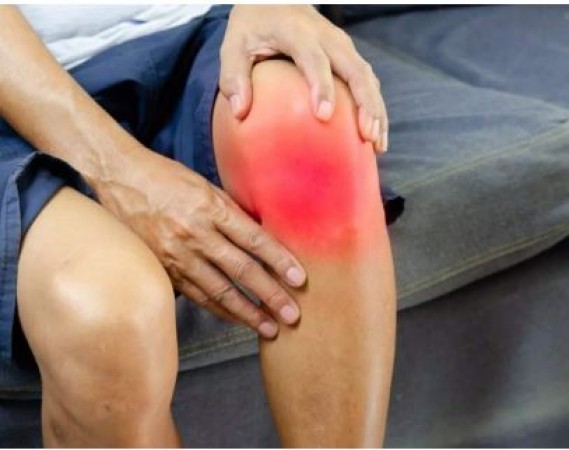
When dealing with muscle stiffness and pain aggravated by rainy weather, several remedies can provide relief. Here’s a comprehensive guide to managing these symptoms effectively:
Rainy weather often exacerbates muscle stiffness and pain due to changes in barometric pressure and humidity levels. These conditions can cause muscles to contract and become tense, leading to discomfort and reduced mobility.
Proper hydration is crucial as it helps maintain muscle function and flexibility. Drink plenty of water throughout the day to keep your muscles hydrated and reduce the risk of cramping.
Before engaging in physical activities, perform gentle warm-up exercises to gradually increase blood flow to the muscles. This helps loosen them up and prepares them for movement.
Incorporate stretching exercises into your daily routine, focusing on major muscle groups such as calves, thighs, back, and shoulders. Stretching helps improve flexibility and reduces muscle tightness.
Apply heat packs or take warm showers to relax tense muscles and improve blood circulation. Heat therapy can alleviate stiffness and promote muscle relaxation.
Regular massages help relieve muscle tension and stiffness by increasing blood flow and promoting relaxation. Consider scheduling sessions with a professional masseuse or using a handheld massager at home.
Poor posture can strain muscles and exacerbate stiffness. Practice proper ergonomics when sitting, standing, and lifting objects to reduce unnecessary stress on your muscles.
Engage in low-impact activities like walking, swimming, or yoga to keep your muscles active and maintain flexibility. Avoid prolonged periods of inactivity, which can contribute to muscle stiffness.
Allow your muscles time to rest and recover after physical activities or when experiencing stiffness. Adequate sleep promotes muscle repair and reduces overall tension.
If needed, consider using non-prescription pain relievers like ibuprofen or acetaminophen to alleviate moderate muscle pain and discomfort. Always follow dosage instructions and consult with a healthcare provider if you have any concerns.
Be mindful of weather forecasts and changes in temperature or humidity that may affect your muscles. Plan activities accordingly and adjust your routine to minimize exposure to extreme weather conditions.
Managing muscle stiffness and pain during rainy weather involves a combination of preventive measures, therapeutic treatments, and lifestyle adjustments. By incorporating these remedies into your daily routine, you can effectively alleviate discomfort and improve your overall muscle health.
Google Translate Adds 110 New Languages, Including Awadhi and Marwadi: How It Affects Users
Apple Boosts iPhone Sales by 40% in China Through Strategic Discounts
Thousands of rupees saved on this 334 cc bike, new variant of Jawa 350 launched